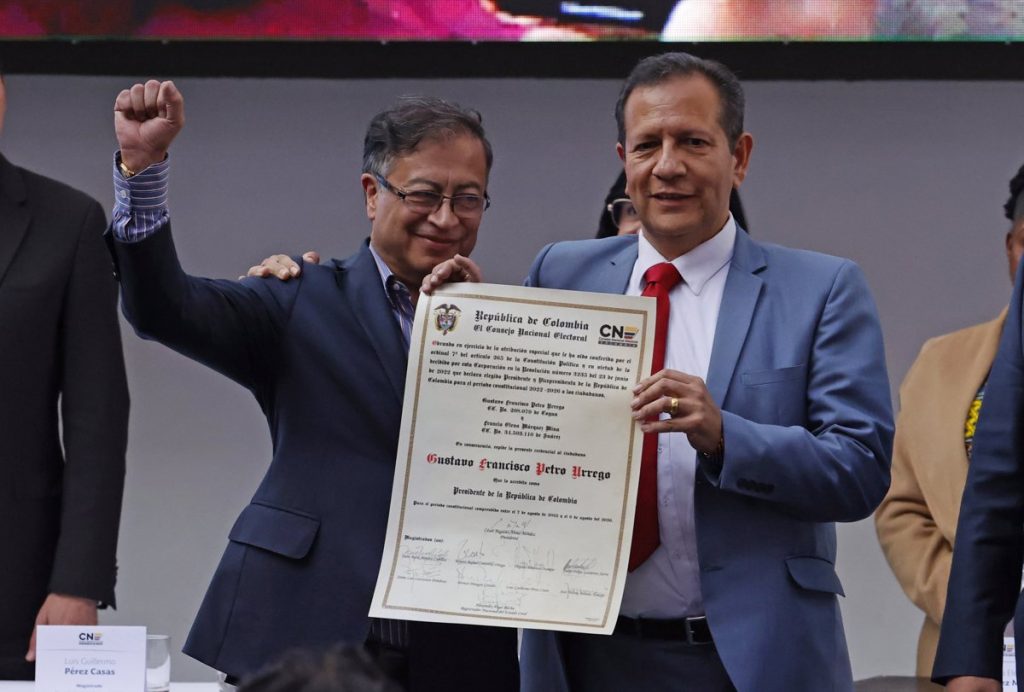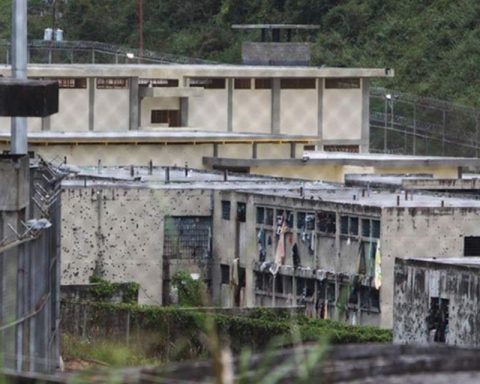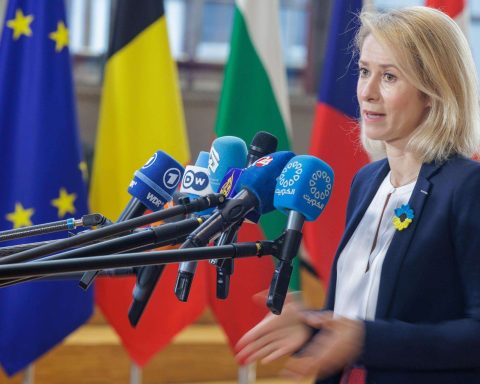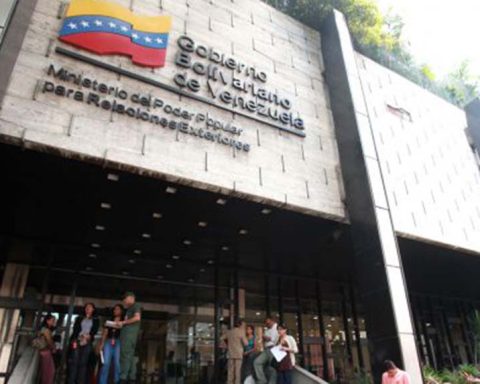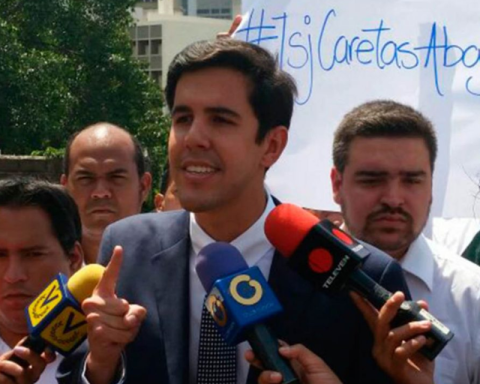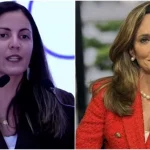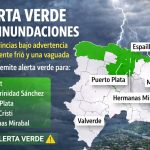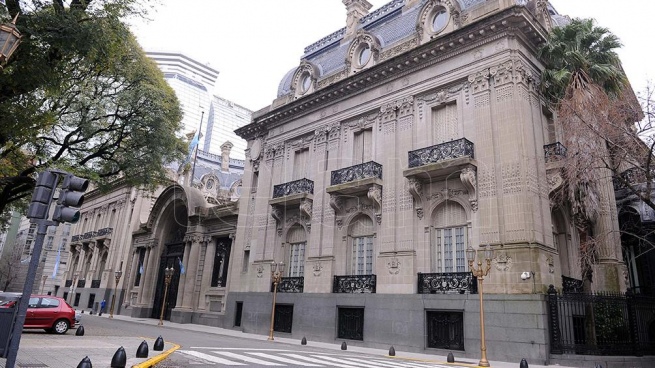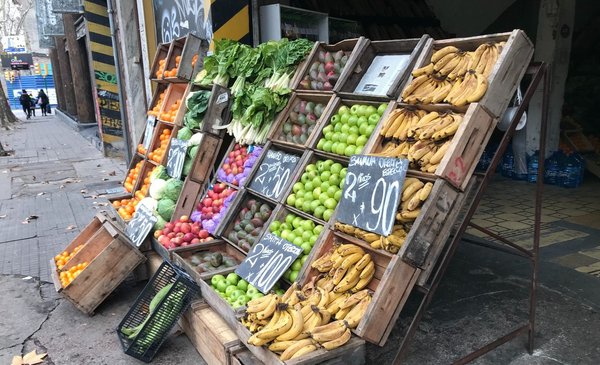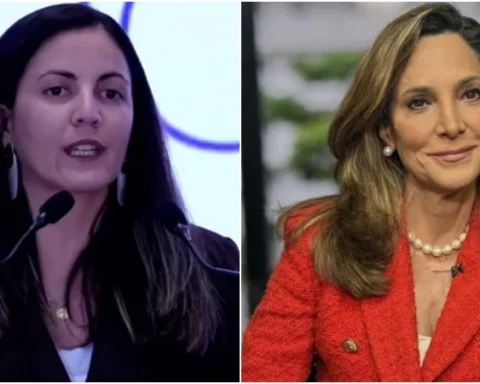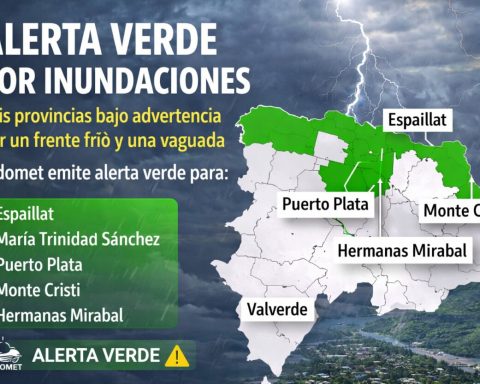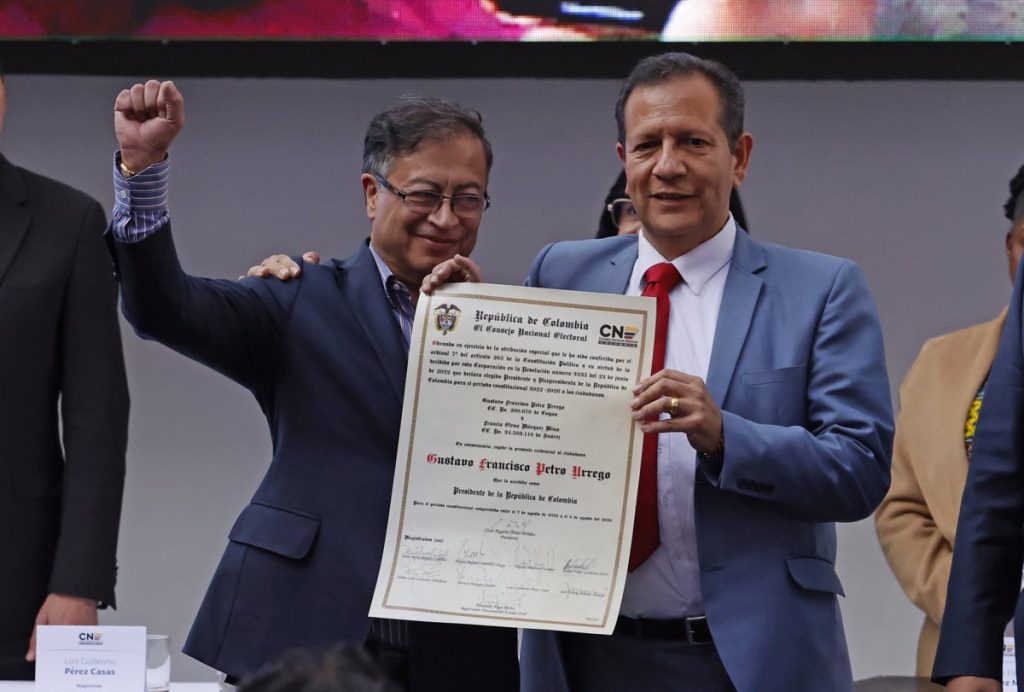
In a previous column within these same pages we reflected on -and at the same time asked the question- in the sense that the liberal democracies, until recently the continental majority, would be doing something wrong since in the last five years the governments that practice them they have been displaced from power and -what is worse- almost always through elections and -much worse still- free and legitimate elections. We clarify that the adjective “liberal” in these cases is not synonymous with a particular economic vision but equivalent to respect for freedoms. The most recent example is the triumph of Gustavo Petro in neat first and second round elections.
We must be aware that in that second round, in which the elected today prevailed by a scant 5%, the electoral scenario was “all united against Petro”, which gives rise to speculation that the electoral offer only allowed choosing between the lesser evil being the other alternative – that of Hernández – that of an “outsider”, with just a diffuse offer pregnant with populism, and the very attractive and almost only promise to fight against corruption already installed as an existential element in Colombia and in much of the planet. Even so, Petro prevailed, who – in an overly simplified way but perhaps not wrongly – is described as a version, a little less tacky, of the late Venezuelan Zeus.
There are those who say that the people, when they let them express themselves, are not wrong. The other version is that they can be mistaken, deceived by the mirage of promises conceived as modern marketing campaigns advised by experts. Even if for a moment we could accept this last vision, it is difficult to affirm that in Mexico, Venezuela, Peru, Brazil, Argentina, Chile, Honduras, El Salvador, and even in the last legislative election in France this past Sunday, the peoples could make mistakes so much and so ugly. That is why we consider it legitimate to ask ourselves what liberal democracies have done wrong apart from the cyclical pendulum change of political options.
In Colombia, as in Venezuela, the scaffolding of the political establishment deteriorated in such a way that disbelief and lack of public trust in these structures acted as an appropriate whip to punish and take its toll on the establishment as a whole, giving rise to the embodiment of an unknown but iconoclastic alternative. In Venezuela it was not only the poor and the neglected who enthroned Chavez. A good part of the middle class saw in him the caudillo who, in his military capacity and incendiary speech, seemed to be going to right the wrong inherited from a hopelessly worn-out political class, corrupt, oblivious to the country’s problems, etc. We know the result.
In Colombia the reality -with its vernacular adjustments- does not seem to be different. Poverty and inequality (much higher than what Venezuela had) have given rise to more than half a century of unique armed violence, have kept a significant portion of the population behind, have allowed drug trafficking and corruption to flourish at unsuspected levels. , etc. In this breeding ground, it is not surprising that more than half of the voters have opted for a change. The question is to see what kind of change they will have. It seems that the lesson of Venezuela has not been taken into account, it seems that the values that supported the youth vote that supported Petro are not connected with the status quo. The picture of 2 million Venezuelans absorbed with extreme sacrifice by a poor but generous society does not seem to have weighed enough to opt for more reasonable offers, although less attractive in their presentation.
Even so, when the cards are already laid, the opportunism of the Liberal Party continues to be present, whose leader, former president César Gaviria, until today respected by whoever writes this, announces that his legislative group will accompany Mr. Petro by providing him with a solid legislative majority. that will allow him -at least until they fight- to advance his government program that -as expressed in speeches and interviews- is not bad, but we already know how those moderations transmute into lethal viral variations like covid.
The night of the triumph Petro expressed himself before his followers with a certain measure. He acknowledged that the results present the existence of two Colombias and offered his commitment to make it one. This columnist vividly remembers the night Chávez was elected in December 1998 and delivered his victory speech from the headquarters of the Caracas Athenaeum. The moderation and convincing tone of his deceitful oratory reassured many, including the undersigned who -in a demonstration of foolish candor- spoke out for that of “wait and see” (seeing is believing at least for a while).
What does Petro hold for Colombia? It may be that he realizes that one is the view from inside the Palacio de Nariño, very different from that of those protesting in the plaza outside. This was Alan García (2), Lula, Ollanta Humala, Menem, etc., and it seems that Boric and, somewhat less, Castillo could be beginning to understand it. The other aspect is that it transmutes into a Chávez, an Ortega, a Putin or a Díaz-Canel, that, blinded by ideological inflexibility, dismantles the institutions, calls a constituent, governs in a constant assembly form, destroys the productive apparatus, curtails freedoms that today -with hard effort- Colombia offers and in a few months’ time -when the disaster is over- Colombians will see themselves reflected in the mirror of Venezuela.
Meanwhile, Nicolás, completely oblivious to the principle of non-interference that he preaches so much, has the shamelessness to explicitly encourage the Colombian military, until now neat constitutionalists, to follow the “glorious example” of their neighbors! In Venezuela, that utopia of the civic-military union seemed like a joke. Today not only is it not a joke but its terms have been disrupted and it is the military who embarrass the national collective, at least “for now”, as the eternal said that fateful February 4, 1992. The Colombian military seem to be a little better , at least until today.
But… as the kids say: “You voted for him, now you’re screwing.”
@apsalgueiro1
